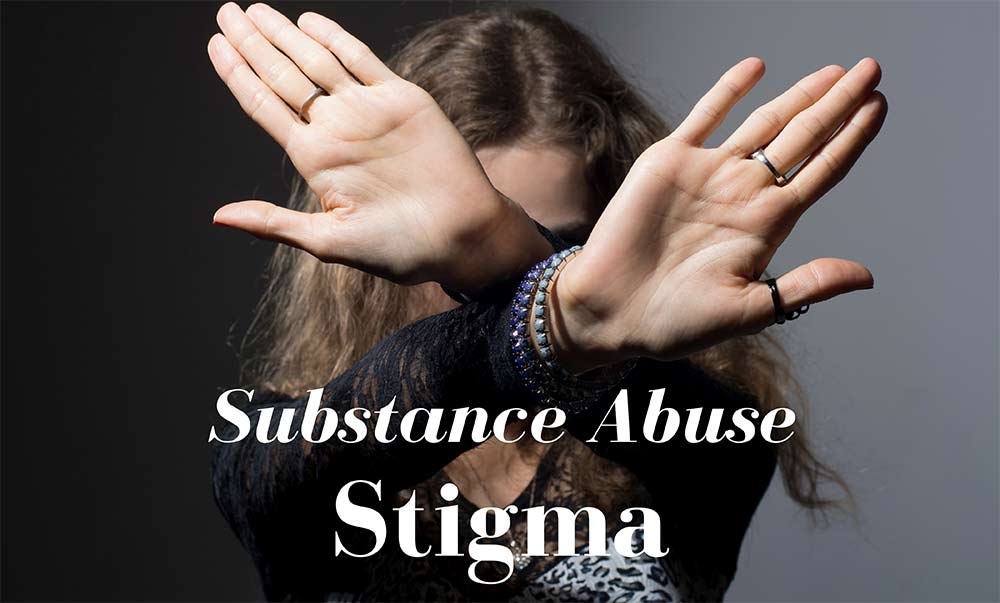Read the latest and greatest from our team
of incredible specialists.

Beach House Recovery Center » Blog » Substance Abuse Stigma: 3 Tips for How to Cope
No discussion of addiction as a national public health issue would be complete without addressing the problem of stigma and stigmatization related to substance abuse. Stigma refers to the negative stereotyping of certain conditions, such as mental disorders — first among them substance use disorders (SUDS); and stigmatization is the proliferation of these public fears, suspicions and discrimination.
“It is because of stigma that: some people don’t get treatment; some doctors won’t treat addicts; some pharmaceutical companies won’t work toward developing new treatments for addicts,” the National Institute on Drug Abuse (NIDA) reports.
Research has also shown that an experience of this stigma is common among those in treatment for substance abuse and can be an obstacle to successful recovery. On that note, here are three tips for coping with the stigma of addiction:

In 2011, the American Society of Addiction Medicine (ASAM) released what it called “a new definition of addiction highlighting that addiction is a chronic brain disorder and not simply a behavioral problem involving too much alcohol, drugs, gambling, or sex.” Only five years later, advances in addiction science have served to reinforce that addiction is a mental disorder affecting the brain’s pleasure and reward circuits. These findings have in turn accelerated the drive to develop new and better treatments for SUD’s.
And here’s the kicker: simply learning more about these latest research developments and about the disease model of addiction are an evidence-based intervention to reduce stigmatization. The more family members know about the scientific nuts and bolts of addiction, the less likely they will be to stigmatize the condition; and the more individuals know, they less likely they will be to let others’ negative stereotypes hijack their recovery process.
Still other research has shown that inducing empathy for one member of a stigmatized group can improve attitudes toward the group as a whole and can also motivate help for the stigmatized group. Empathy building is thus one effective public policy method for combating the public stigma of addiction.
But it’s also the case that on a personal level, greater empathy for others for whom drugs, alcohol or other unhealthy behaviors are a problem can improve one’s resilience to shame, self-criticism and other effects of stigmatization. Consider, for example, how hard it is just to stick to a 35-day weight loss diet or regular exercise plan! Most of us love our sweets or couch potato time far too much. Within this framework, it’s much easier to muster up empathy for anyone trying to kick a bad habit.
The greater that empathy towards others, the greater one’s self-compassion will be also — and these two components, empathy for others and self-compassion, can together build greater resilience to stigma.
How do you practice more self-compassion? This recent article in Psychology Today offers some pointers, along with the helpful instruction that self-compassion “starts with talking to yourself like a true friend would.”
Safe, therapeutic outlets in which to share the unedited struggles of recovery, openly, honestly and in as much detail as needed, are essential for coping with shame and stigma. Take advantage of these settings, be they in the form of a small supportive group of peers, like a 12-Step group, an addiction-certified therapist, or a very close friend who has earned your trust.
There is also the reality, however, that the public stigma of substance abuse persists in America today. A survey two years ago by researchers at Johns Hopkins revealed Americans are more understanding of mental illnesses like depression but still harbor significantly more negative views of substance use disorders. That reality makes discretion about how and when to disclose a past drug or alcohol habit really important. Protecting yourself from discrimination is, after all, part of what it means to cope with the stigma of addiction.
As a general rule, only you, your therapist, AA or NA sponsor, recovery group and/or Higher Power need to know all of the potentially salacious (and potentially self-incriminating) details of a past addiction. If there are others on this list, make sure they’ve earned your trust first. Then, as one last fighting dig at the public stigma of addiction, you can save the more upbeat, abbreviated version of your recovery for the rest of the world.
Whether you’re researching for yourself or a loved one, Beach House can help. We understand that this is a serious time in your life and that the treatment center you choose matters. We want you to feel comfortable and empowered to make the right decision for yourself, a friend, or a family member. This is why a counselor is waiting and available to answer your questions and help put your mind at ease regarding the next steps. Many of the staff at Beach House have walked in your shoes. If you feel you’re ready or want more information about how to help a loved one, we can help today. You can also learn why we are voted the #1 rehab for addiction treatment in Florida.
We accept most major insurance plans and can verify your benefits quickly and confidentially.
We’re committed to helping you access the care you need, our admissions counselors can guide you through your coverage options and available resources.





"*" indicates required fields